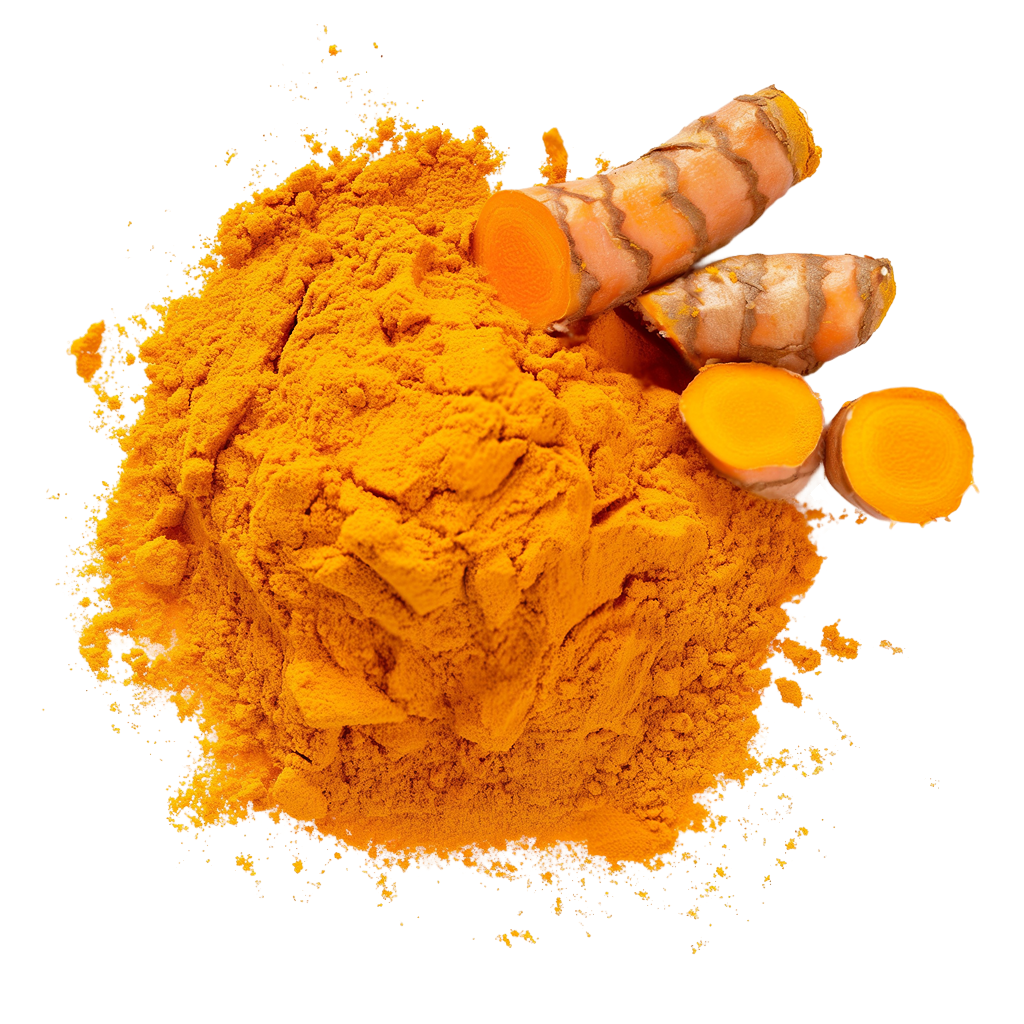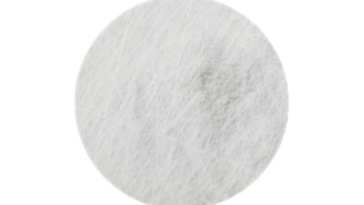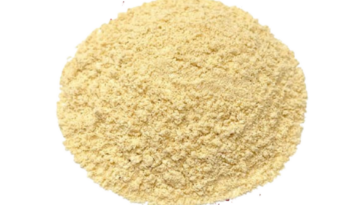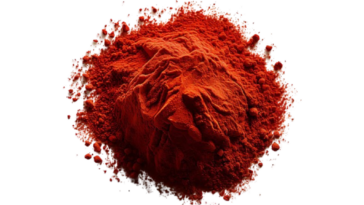Turmeric powder, derived from the rhizome of the Curcuma longa plant, boasts a rich history steeped in ancient cultures and traditions. Originating in the Indian subcontinent, its use dates back over 4,000 years. Initially cultivated for its medicinal properties, turmeric found its way into culinary practices and religious ceremonies, becoming an integral part of Indian cuisine and Ayurvedic medicine. Its vibrant yellow hue and distinct flavor profile have made it a staple in dishes ranging from curries to rice dishes, imparting both color and depth of flavor.
The significance of turmeric extends beyond its culinary and medicinal applications. In Hindu rituals and ceremonies, turmeric holds symbolic importance as a purifier and auspicious element. It is used in traditional Indian weddings, where the bride and groom may apply turmeric paste on their skin for its purported skin-enhancing properties and as a symbol of blessings for their union. Over time, the popularity of turmeric spread beyond the Indian subcontinent, gaining recognition for its health benefits and culinary versatility worldwide. Today, turmeric powder is not only cherished for its earthy taste but also celebrated for its potential health benefits, including anti-inflammatory and antioxidant properties.
Vitamins & Minerals:
Turmeric, the vibrant yellow spice derived from the turmeric plant’s rhizomes, is renowned for its culinary uses and medicinal properties. Within turmeric powder, a plethora of vitamins and minerals contribute to its health benefits. One prominent vitamin found in turmeric is vitamin C, an essential nutrient known for its antioxidant properties. Vitamin C plays a crucial role in supporting the immune system, aiding in collagen synthesis for skin health, and scavenging harmful free radicals in the body. Additionally, it enhances the absorption of non-heme iron from plant-based sources, promoting better iron utilization. Incorporating turmeric into your diet can contribute to meeting your daily vitamin C requirements, thereby supporting overall health and well-being.
Another notable component of turmeric powder is potassium, a vital mineral essential for various physiological functions. Potassium serves as an electrolyte, helping maintain proper fluid balance, nerve function, and muscle contractions. Adequate potassium intake is crucial for regulating blood pressure and reducing the risk of cardiovascular diseases. Additionally, potassium plays a role in bone health by counteracting the detrimental effects of excessive sodium intake on calcium excretion. Including turmeric powder in your dishes can provide a flavorful way to boost your potassium intake, promoting optimal bodily functions and cardiovascular health. Overall, the combination of vitamins and minerals in turmeric powder contributes to its multifaceted health benefits, making it a valuable addition to any diet.
Probiotic, Prebiotic, or Postbiotic:
Turmeric powder, derived from the root of the Curcuma longa plant, is primarily known for its anti-inflammatory and antioxidant properties due to the presence of curcumin, its active compound. While turmeric itself is not a probiotic, prebiotic, or postbiotic in the traditional sense, it can indirectly support gut health in several ways:
- Prebiotic-like effects: Turmeric contains dietary fiber and various compounds that can act as prebiotics, which are substances that promote the growth and activity of beneficial bacteria in the gut. By providing a favorable environment for probiotics (beneficial bacteria), turmeric indirectly supports gut health.
- Anti-inflammatory effects: Chronic inflammation in the gut can disrupt the balance of gut bacteria and lead to various digestive issues. Curcumin, the main active compound in turmeric, has potent anti-inflammatory properties that may help alleviate inflammation in the gut, thus creating a more hospitable environment for probiotics to thrive.
- Antioxidant effects: Oxidative stress in the gut can damage the epithelial lining and disrupt the balance of gut bacteria. Turmeric’s antioxidant properties help neutralize free radicals and reduce oxidative stress, thereby supporting gut health indirectly.
- Modulation of gut microbiota: Some studies suggest that curcumin may have a modulatory effect on the composition and activity of gut microbiota. While the exact mechanisms are not fully understood, it’s believed that curcumin may influence the growth and diversity of beneficial bacteria in the gut.
- Postbiotic effects: Postbiotics are beneficial metabolites produced by probiotics during fermentation. While turmeric itself is not a postbiotic, consuming turmeric-containing foods or supplements alongside probiotic-rich foods may enhance the production of postbiotics in the gut, thereby further supporting gut health.
In summary, while turmeric powder is not a probiotic, prebiotic, or postbiotic in the traditional sense, it can indirectly support gut health through its anti-inflammatory, antioxidant, and potentially gut-modulatory effects. Incorporating turmeric into your diet as part of a balanced and diverse intake of fruits, vegetables, and whole grains can contribute to overall gut health.
Dietary & Health Information:
Turmeric powder, derived from the turmeric root, is renowned for its potential health benefits and culinary uses. Here’s an overview of its dietary and health information:
Dietary Information:
- Nutritional Content: Turmeric powder is low in calories and doesn’t contain significant amounts of macronutrients like protein, fat, or carbohydrates. However, it is rich in micronutrients, particularly manganese and iron.
- Dietary Fiber: Turmeric powder contains a small amount of dietary fiber, which can aid digestion and promote gut health.
- Bioactive Compounds: The primary bioactive compound in turmeric is curcumin, which is known for its antioxidant and anti-inflammatory properties. However, the concentration of curcumin in turmeric powder can vary depending on factors like the source and processing methods.
Health Information:
- Anti-Inflammatory Properties: Curcumin in turmeric has been studied extensively for its ability to reduce inflammation in the body, which may help alleviate symptoms of conditions like arthritis and inflammatory bowel disease.
- Antioxidant Effects: Turmeric’s antioxidants can help neutralize harmful free radicals in the body, potentially reducing the risk of chronic diseases and supporting overall health.
- Potential Cancer Prevention: Some research suggests that curcumin may have anti-cancer properties, though more studies are needed to confirm its efficacy in cancer prevention and treatment.
- Heart Health: Turmeric may benefit heart health by improving endothelial function, reducing inflammation, and lowering levels of cholesterol and triglycerides.
Dosage and Safety:
- Maximum Daily Intake: While turmeric is generally considered safe for most people when consumed in culinary amounts, the optimal dosage of turmeric powder as a supplement varies depending on factors like age, health status, and the specific health condition being targeted.
- Typical Dosage: For general health maintenance, a typical dosage of turmeric powder as a supplement ranges from 500 mg to 2,000 mg per day, often divided into multiple doses. However, it’s essential to follow the manufacturer’s instructions or consult a healthcare professional for personalized dosage recommendations.
- Potential Side Effects: Turmeric is considered safe for most people when taken in recommended amounts. However, high doses or long-term use may cause gastrointestinal issues like nausea, diarrhea, or stomach upset in some individuals. Additionally, turmeric may interact with certain medications, so it’s crucial to consult a healthcare provider before starting supplementation, especially if you’re taking medications or have underlying health conditions.
In summary, turmeric powder offers various potential health benefits, primarily attributed to its active compound curcumin. While it’s generally safe for culinary use, individuals considering turmeric supplementation should consult with a healthcare professional to determine the appropriate dosage and ensure its compatibility with their health status and any medications they may be taking.




 No products in the cart.
No products in the cart.